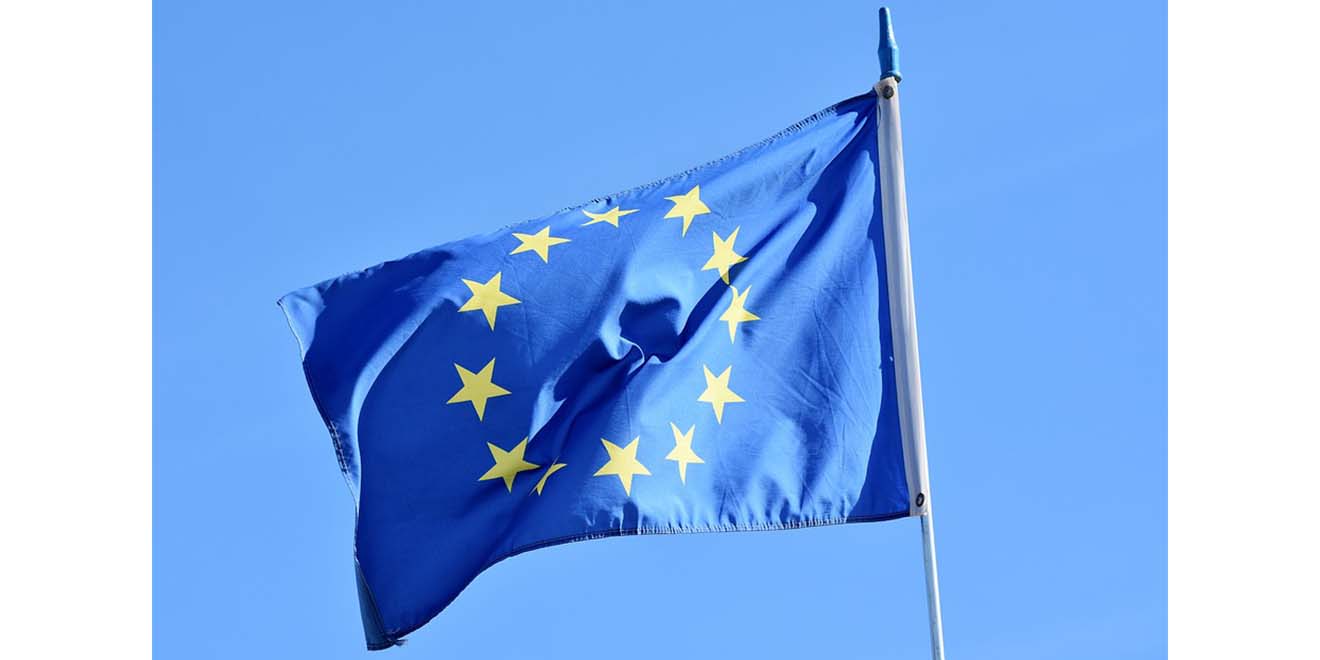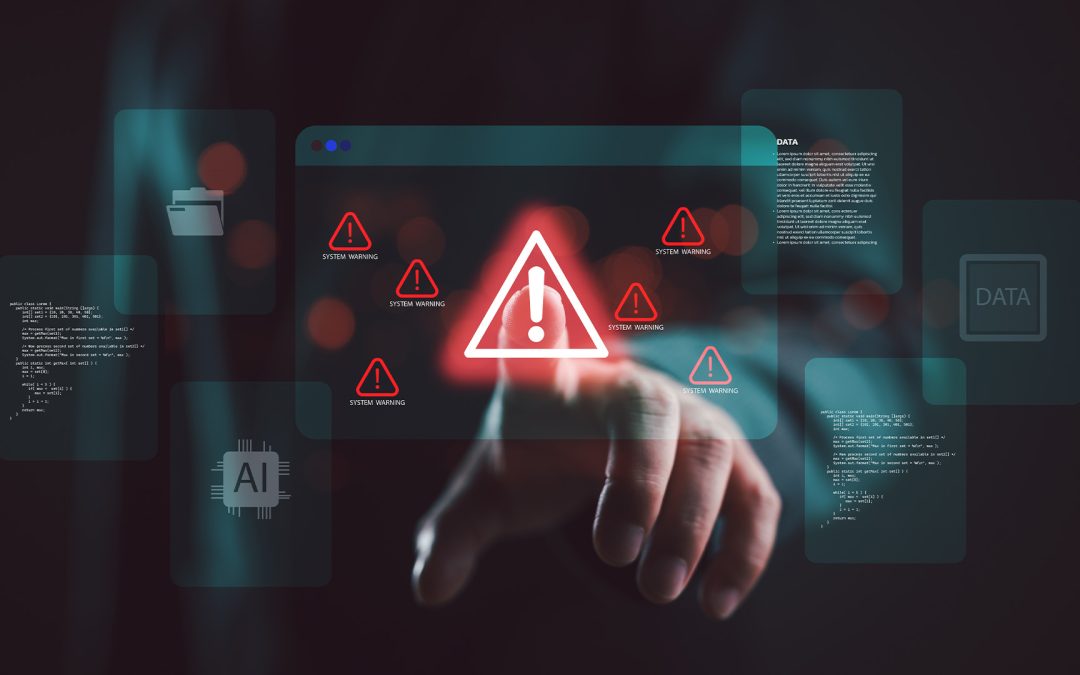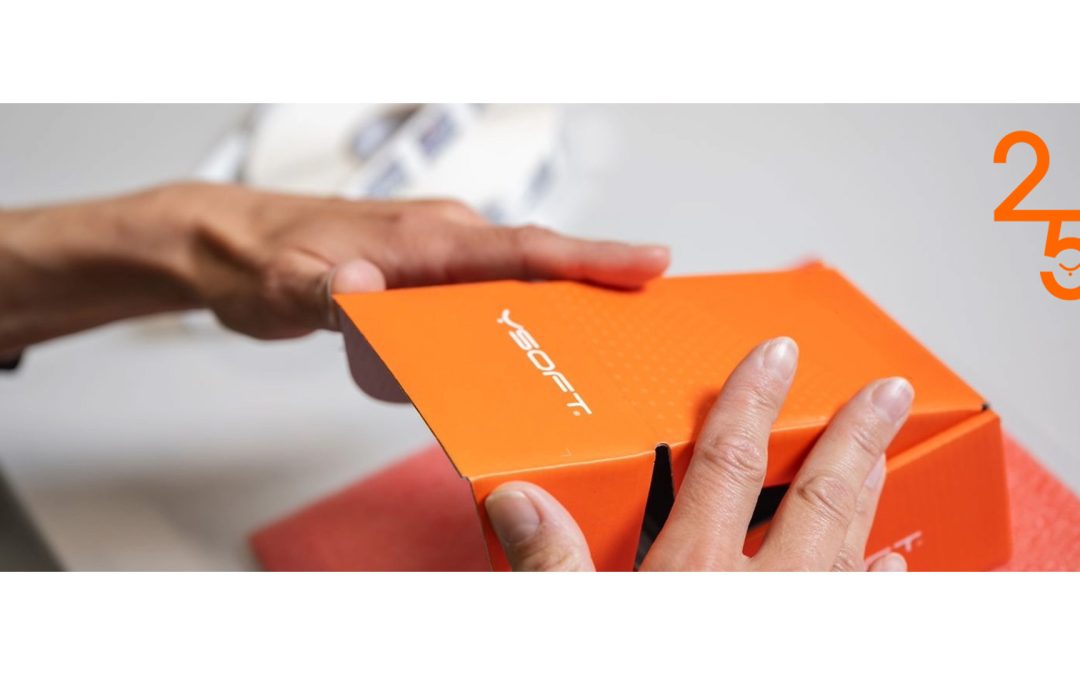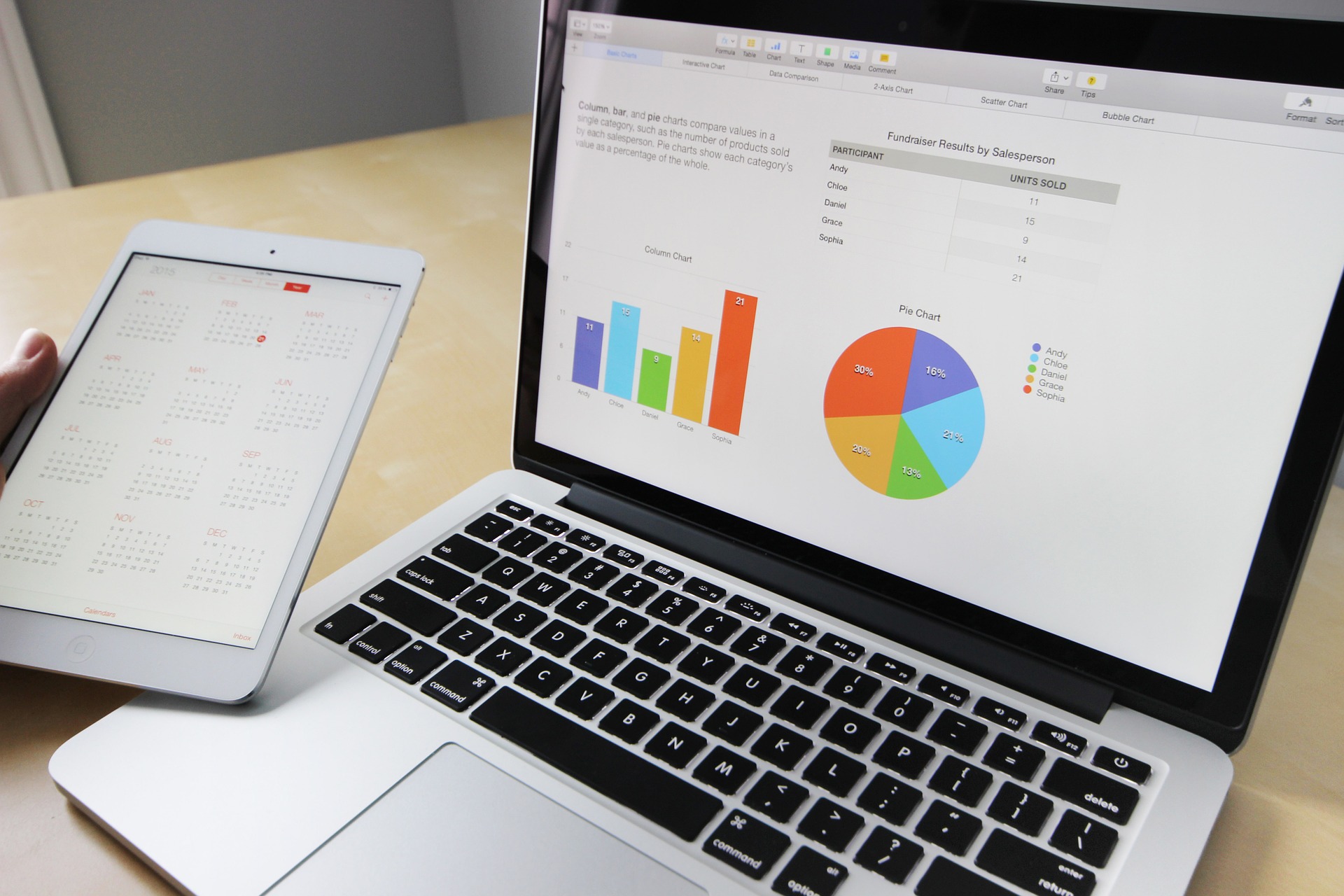European Council President stresses trade’s role amid rising global instability.
 Rebuilding trust, boosting trade, and transforming global institutions: European Council President Charles Michel laid out these priorities at the WTO Presidential Lecture last week, urging multilateral reforms to counter growing geopolitical and economic tensions.
Rebuilding trust, boosting trade, and transforming global institutions: European Council President Charles Michel laid out these priorities at the WTO Presidential Lecture last week, urging multilateral reforms to counter growing geopolitical and economic tensions.
Michel’s remarks underscored the critical role of trade in stabilising a world shaken by conflicts, climate disasters, and rapid technological change. He cited Russia’s war in Ukraine, unrest in Gaza, and crises in the Middle East and Sudan as destabilising forces threatening the rules-based global order. “These conflicts… are driving the world away from the rule of law toward the law of force,” he warned, as he stressed the importance of a fair, stable trading system to counter this trend.
The WTO, he argued, must adapt to 21st-century realities, starting with an overhaul of its dispute settlement mechanism. He described this mechanism as a keystone for “fair and predictable global trade.” Michel’s call for reform aligns with the EU’s broader strategy to reduce dependence on external suppliers for critical goods and foster resilient trade links amid geopolitical uncertainty.
What’s Wrong with the WTO?
The World Trade Organization, established in 1995 to oversee global trade rules, faces numerous issues that have weakened its effectiveness in recent years:
- Dysfunctional Dispute Mechanism: Since 2019, the WTO’s Appellate Body has been paralysed due to the United States blocking new judge appointments. This gridlock has left many trade disputes unresolved, undermining the WTO’s role as an enforcer of trade rules.
- Outdated Trade Rules: Most WTO regulations were crafted in the 1990s and fail to address modern trade issues like digital commerce, artificial intelligence, and environmental standards.
- Growing Geopolitical Polarisation: Escalating tensions, particularly between the U.S. and China, have fragmented the WTO’s members into competing blocs, making cooperation and reform efforts challenging.
- Developed vs. Developing Nation Divide: Disagreements between wealthier and developing nations on issues like agricultural subsidies and intellectual property protection have hindered consensus-building within the WTO.
- Environmental and Labour Standards: The WTO has been criticised for neglecting sustainability, as it lacks a mandate to enforce environmental or labour standards, which are increasingly central to modern trade policy.
Michel’s address reflects Europe’s desire to transform the WTO into a “powerful force for the 21st century” capable of addressing these challenges. He argued that trade agreements should be inclusive, creating a level playing field for developed and developing countries alike. He also backed “plurilateral negotiations” within the WTO as a flexible alternative, allowing groups of members to tackle specific issues like digital trade and green policies.
As Michel noted, “Trade is the engine of multilateralism. Trust is the petrol powering the engine.” His comments underscore the EU’s commitment to a reformed, resilient WTO that can foster global stability, counterbalance unilateralism, and facilitate a cooperative global economy.
Source: WTO’s issues derived from various reports and expert analyses, including comments from Charles Michel’s recent address.




















